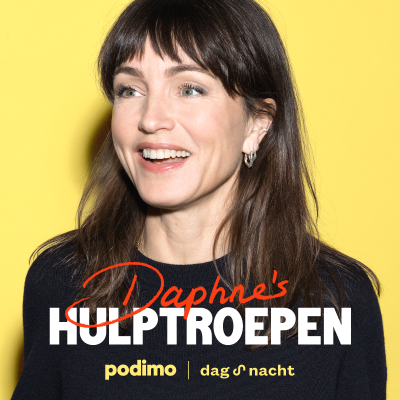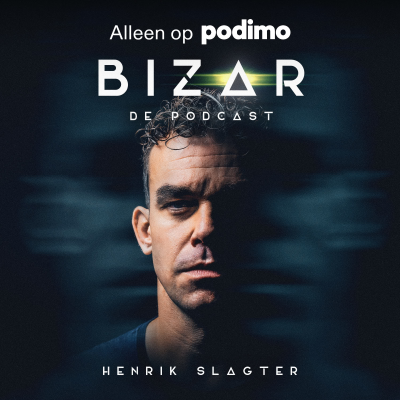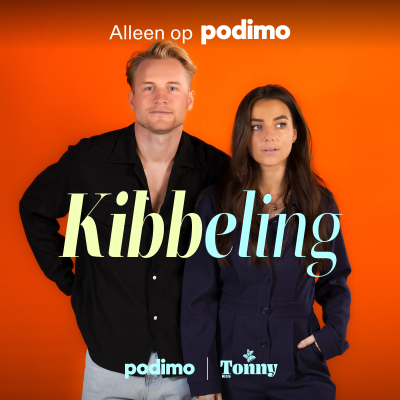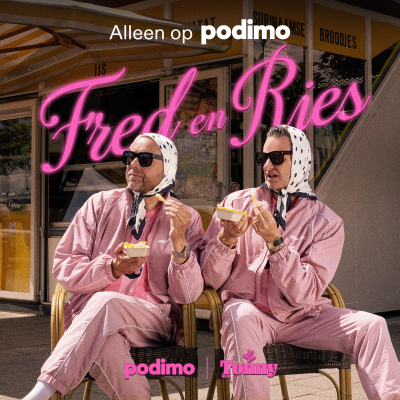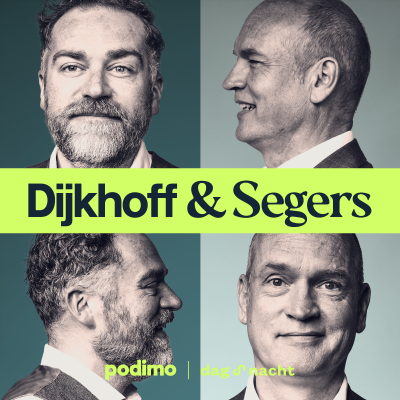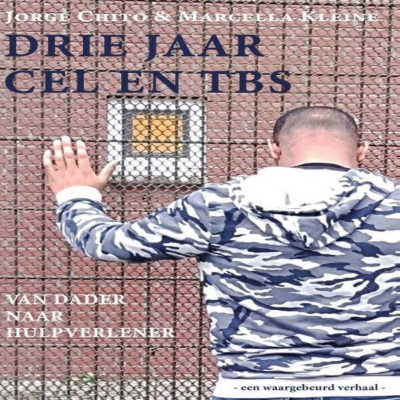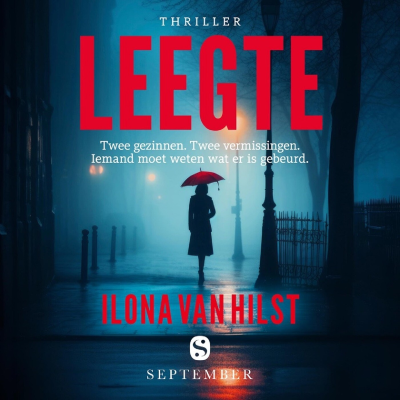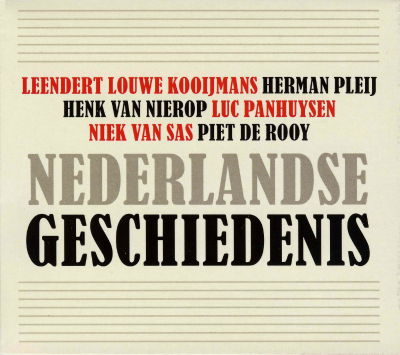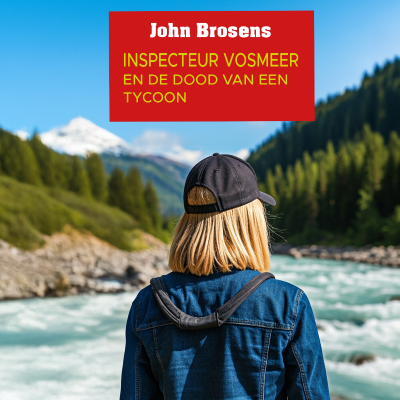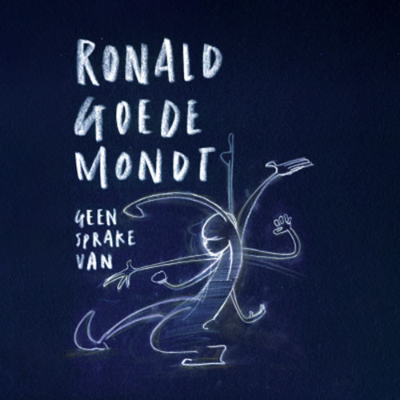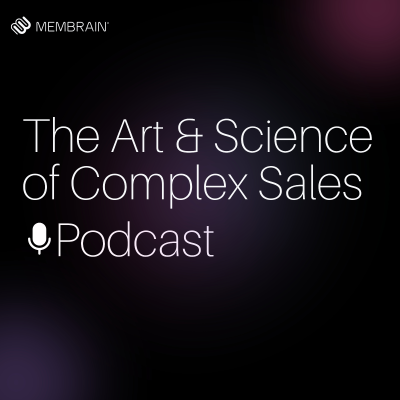
Art & Science of Complex Sales
Engels
Business
Tijdelijke aanbieding
2 maanden voor € 1
Daarna € 9,99 / maandElk moment opzegbaar.
- 20 uur luisterboeken / maand
- Podcasts die je alleen op Podimo hoort
- Gratis podcasts
Over Art & Science of Complex Sales
Join us on the Art & Science of Complex Sales podcast by Membrain where we invite experts from the industry to discuss about different topics in the world of complex sales.
Alle afleveringen
137 afleveringenBuilding Sales Teams That Don’t Quit │ Eric Larocque
In this episode, Eric Larocque [https://www.linkedin.com/in/eric-larocque/], founder of Cultivate Winning [https://www.linkedin.com/company/letscultivatewinning/], shares what consistently drives sales performance, and why most teams do not have a people problem, they have a system and coaching problem. Eric shares lessons from sports, leadership, and hiring to explain how momentum is built, why grit matters more than experience, and how to create a repeatable hiring model that predicts top performers. In this episode, you'll learn: * Why preparation is missing from most sales teams * How resilience helps reps stay steady through rejection * Why culture creates confidence and momentum * How to hire for “will do” and train the “can do” * What the grit scale model looks like in practice * How coaching infrastructure improves conversion and morale Listen in to learn how to build a winning team that performs consistently, not occasionally.
Breaking Sales Silos to Win Complex Deals │Art Fromm
Sales, pre-sales, and enablement are supposed to work together. So why do they still feel so disconnected? In this episode, Paul Fuller talks with Art Fromm [https://www.linkedin.com/in/artfromm/] of Team Sales Development about why silos continue to break down complex B2B sales efforts and what leaders can do to fix them. Art shares lessons from engineering, sales leadership, and enablement to explain how misalignment hurts qualification, slows deals, and frustrates buyers. Together, they explore why teams focus too much on internal sales stages, how shifting to the buyer journey improves results, and why modern sales success depends on commitment to consume, not just closing the deal. In this episode, you’ll learn: * Why sales, pre-sales, and enablement often work at cross purposes * How poor qualification leads to late-stage deal failure * Why buyer journey alignment matters more than sales stages * What “commitment to consume” really means in SaaS and complex sales * How earlier collaboration improves win rates and customer success Listen in to discover how breaking silos creates smoother deals and stronger long-term growth.
Fixing Fundamentals in Sales │ Richard Pole
In this episode, Paul Fuller talks with Richard Pole of Noodle Spark Group about what is really behind missed targets, weak forecasts, and stalled deals. Richard shares lessons and explains why most teams struggle because they lack a documented sales process, consistent leadership, and a repeatable framework that turns best practices into team-wide performance. Together, they discuss why “we have always done it that way” is one of the most dangerous phrases in any business, and why sellers should stop rushing to proposals and focus on aligning to the customer, educating them, and guiding the buying journey. In this episode, you’ll learn: • Why sales performance is declining even when leaders blame the market • The 3 root causes that prevent teams from hitting targets • Why sales leaders often act like fixers instead of coaches • How to avoid false deals and forecast inflation • What it means to align, educate, and guide buyers without pushing Listen in to learn how fixing fundamentals creates predictable growth.
Selling in a Post-Trust World │ Larry Levine
Sales is more difficult than ever, not because buyers stopped buying, but because trust is harder to earn. In this episode, Paul Fuller [https://www.linkedin.com/in/psfuller/] talks with Larry Levine [https://www.linkedin.com/in/larrylevine1992/] about what it takes to sell in a post-trust world. Larry breaks down his four pillars for rebuilding credibility in modern selling: authentic relationships, meaningful business value, inspirational experiences, and disciplined habits. They also explore why sellers get stuck trying to be liked, how confidence changes outcomes, and why leaders must coach mindset and heartset before they can expect skillset to improve. In this episode, you’ll learn: * Why trust has declined and how sellers contributed to it * How to avoid the “friend zone” by bringing meaningful business value * The four pillars that build credibility with consistency * Why confidence and belief unlock real selling skills * How coaching and discipline drive long term performance Listen in to discover why soft skills yield hard dollars, and how trust based selling starts from the inside out. Learn more about Larry Levine’s book here [https://www.amazon.com/Selling-Post-Trust-World-Discover-Dollars/dp/163698343X].
Fundamentals in Sales │ Rocky LaGrone
Sales have changed, but the fundamentals never have. In this episode of The Art and Science of Complex Sales, Paul Fuller talks with Rocky LaGrone [https://www.linkedin.com/in/salesdevelopmentexpert/], a sales development expert with over 35 years of experience, about what truly drives sales performance and why leadership matters more than tools, tactics, or technology. Rocky shares why sales is ultimately a people game, how trust and discovery sit at the center of every successful deal, and why companies struggle when they rely on systems without accountability. Together, they explore how belief, purpose, and leadership shape long-term success for both sales teams and individuals. In this episode, you’ll learn: * Why sales fundamentals never change * How leadership directly impacts sales performance * Why tools and training fail without accountability * How belief-driven development creates lasting growth Listen in to discover how developing people first elevates sales performance and transforms lives.
Kies je abonnement
Tijdelijke aanbieding
Premium
20 uur aan luisterboeken
Podcasts die je alleen op Podimo hoort
Gratis podcasts
Elk moment opzegbaar
2 maanden voor € 1
Daarna € 9,99 / maand
Premium Plus
Onbeperkt luisterboeken
Podcasts die je alleen op Podimo hoort
Gratis podcasts
Elk moment opzegbaar
Probeer 30 dagen gratis
Daarna € 11,99 / maand
2 maanden voor € 1. Daarna € 9,99 / maand. Elk moment opzegbaar.









